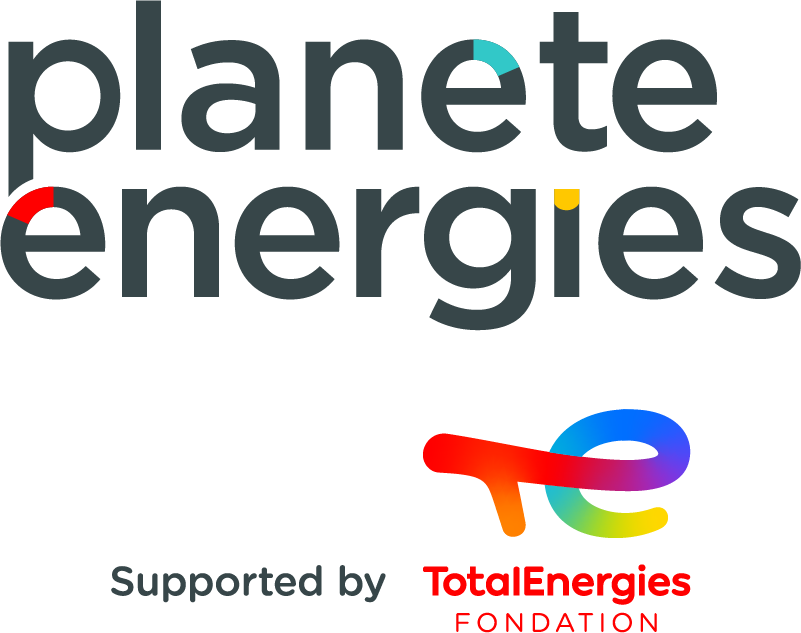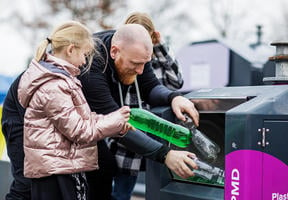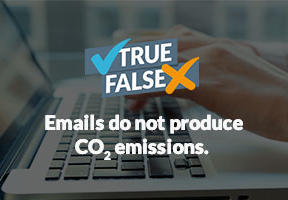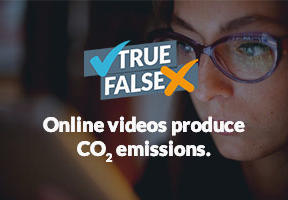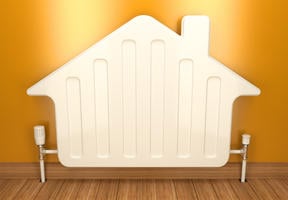What Is Responsible Consumption ?
5 min read
Responsible consumption is a way to reduce our and CO2 emissions. It involves saving energy, improving , enhancing device performance and promoting the circular economy.

©
Everyone agrees that we need to consume energy more “responsibly”. But what exactly does that mean?
Energy Consumption: Here, There and Everywhere!
Energy is the basis of all human activity. You have to consume energy to get around by scooter (gasoline) or by plane (kerosene), for heating and cooking (gas, or wood) and to download a music video onto your cellphone (electricity).
In this last example, energy is used for many different purposes. It’s needed to make the phone and its plastic packaging, advertise the device, build the data centers and record the song. Energy is also used to recycle the phone at the end of its useful life.
Energy: A Precious and Scarce Resource
In many countries, life itself depends on energy. Without energy, you couldn’t pump or purify water. We wouldn’t have hospitals, let alone cars to get to them. And there’d be no light at night in African villages, meaning no way to study at home.
Energy consumption is increasing worldwide (rising 50% since 2000), but that’s necessary to guarantee the well-being of our planet’s 7.7 billion inhabitants.
However, there are two problems:
- Burning fuels emits CO2, which produces a “greenhouse effect” around the planet and contributes to .
- Fossil fuels such as , oil and gas will not last forever.
Because of this, we need to make an “energy transition”, shifting first from the most carbon-intensive fossil fuels (such as coal and oil) to low-carbon ones (like gas), and then to renewable energies (wind, solar and marine energy, for example).
Responsible Consumption
There are three main rules for reducing our carbon footprint and pollution:
- Consume less, particularly by not wasting energy.
- Consume more efficiently, by using energy-efficient devices and repairing or them when they’re broken, so we can move toward what’s known as a “circular economy”.
- Do not pollute the air (with fine particulates), the soil (with toxic substances), or rivers, lakes and oceans (with plastic waste, for example).
